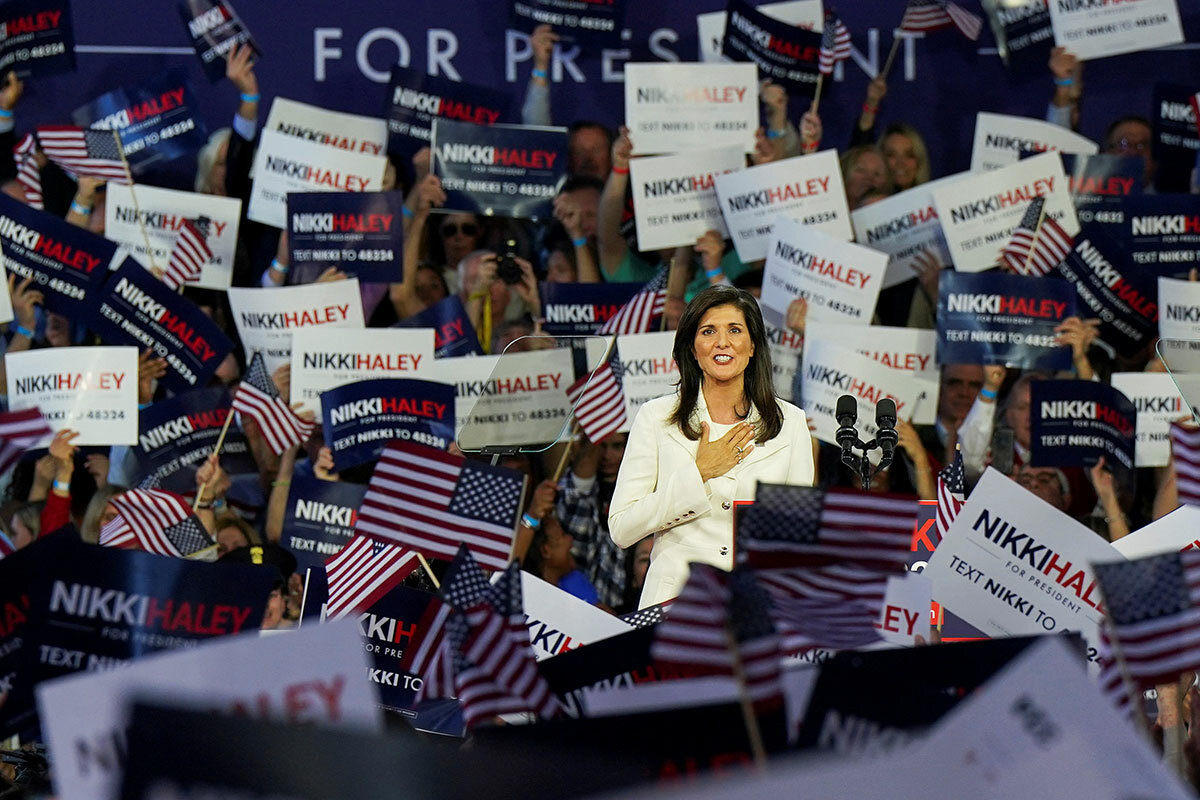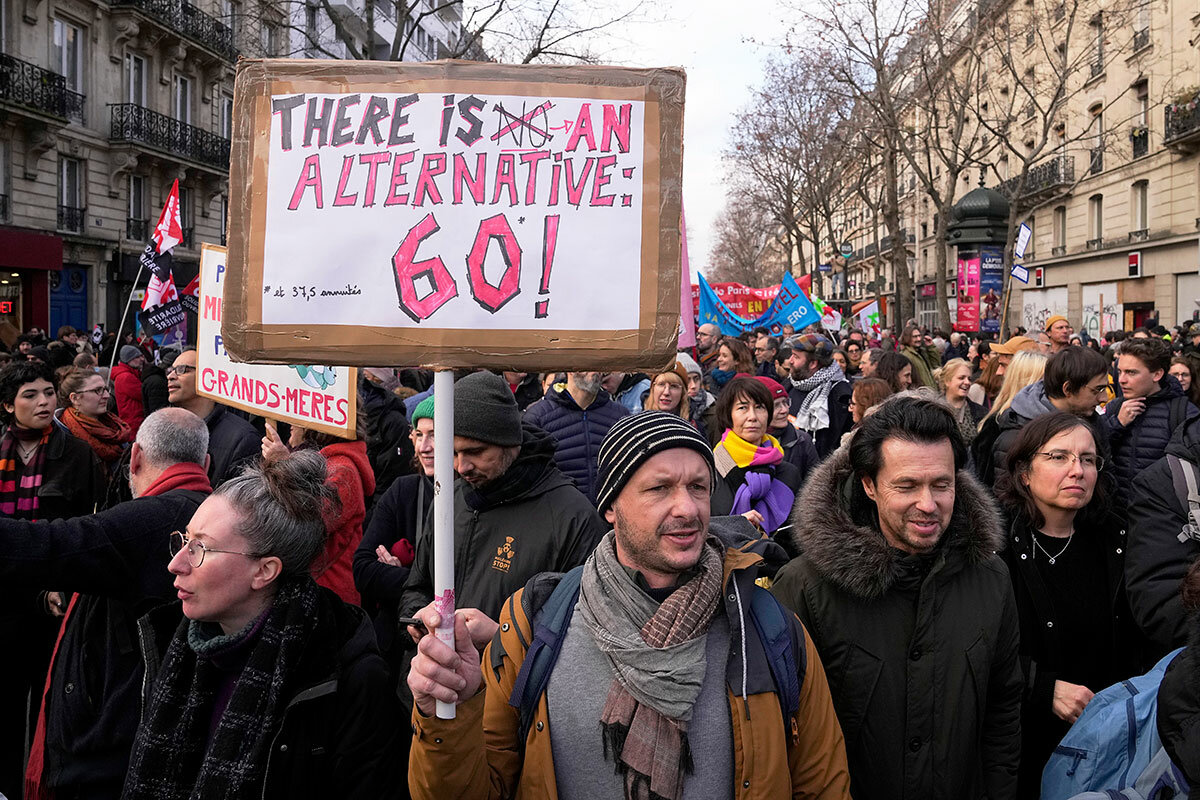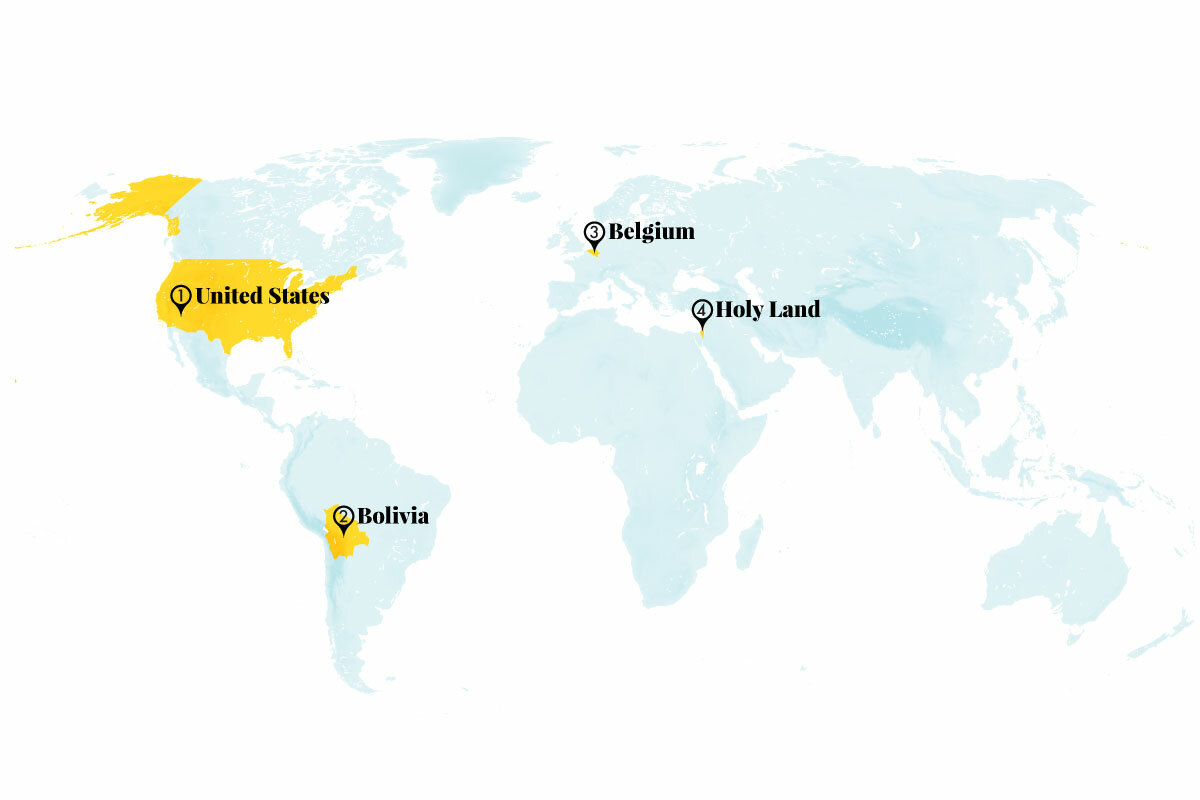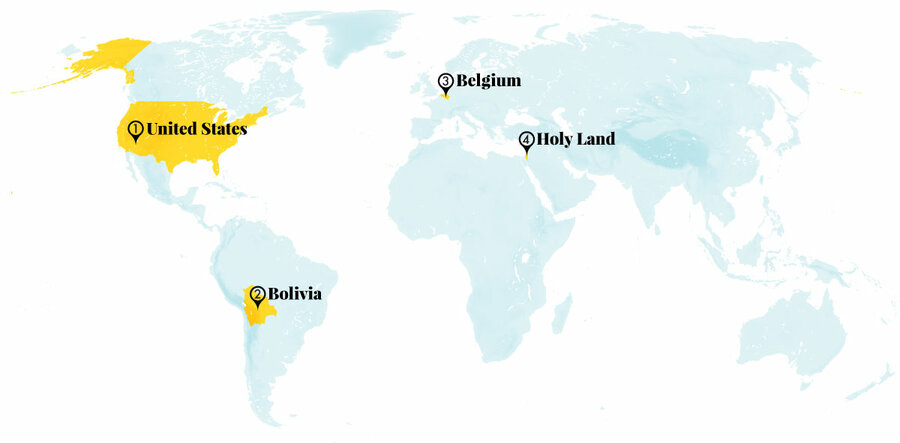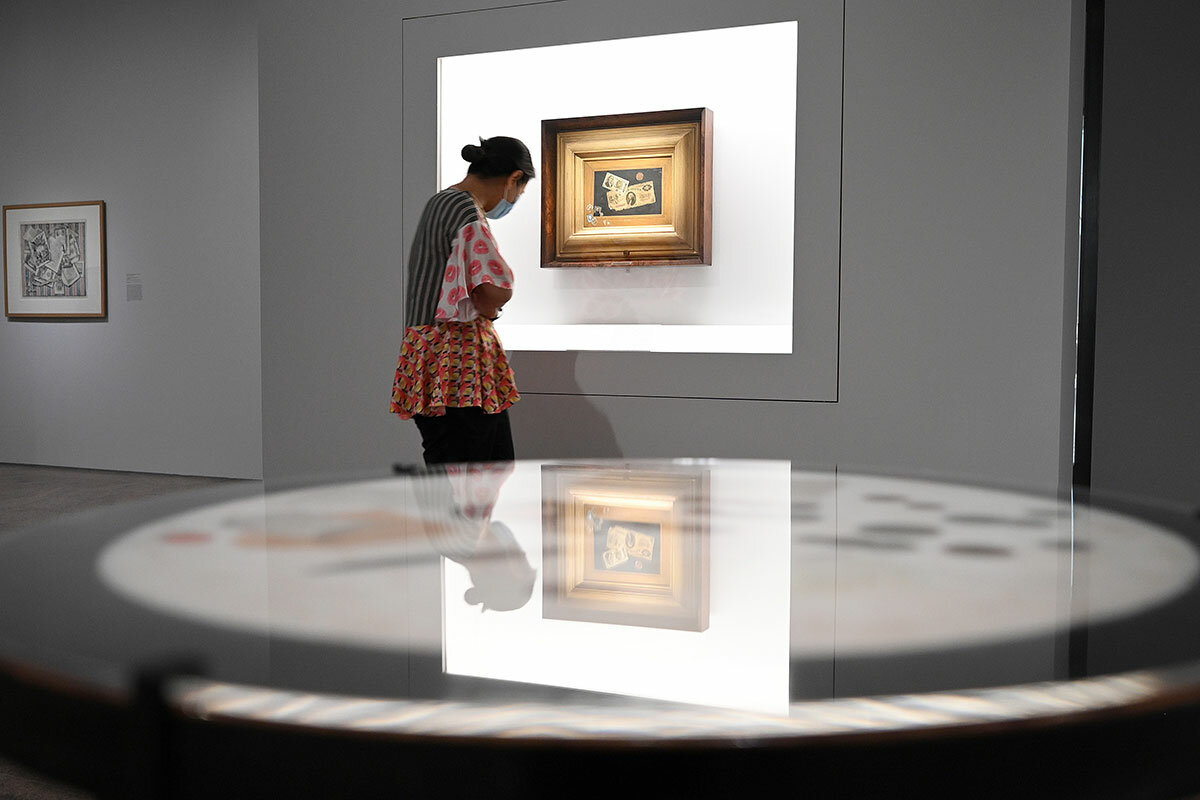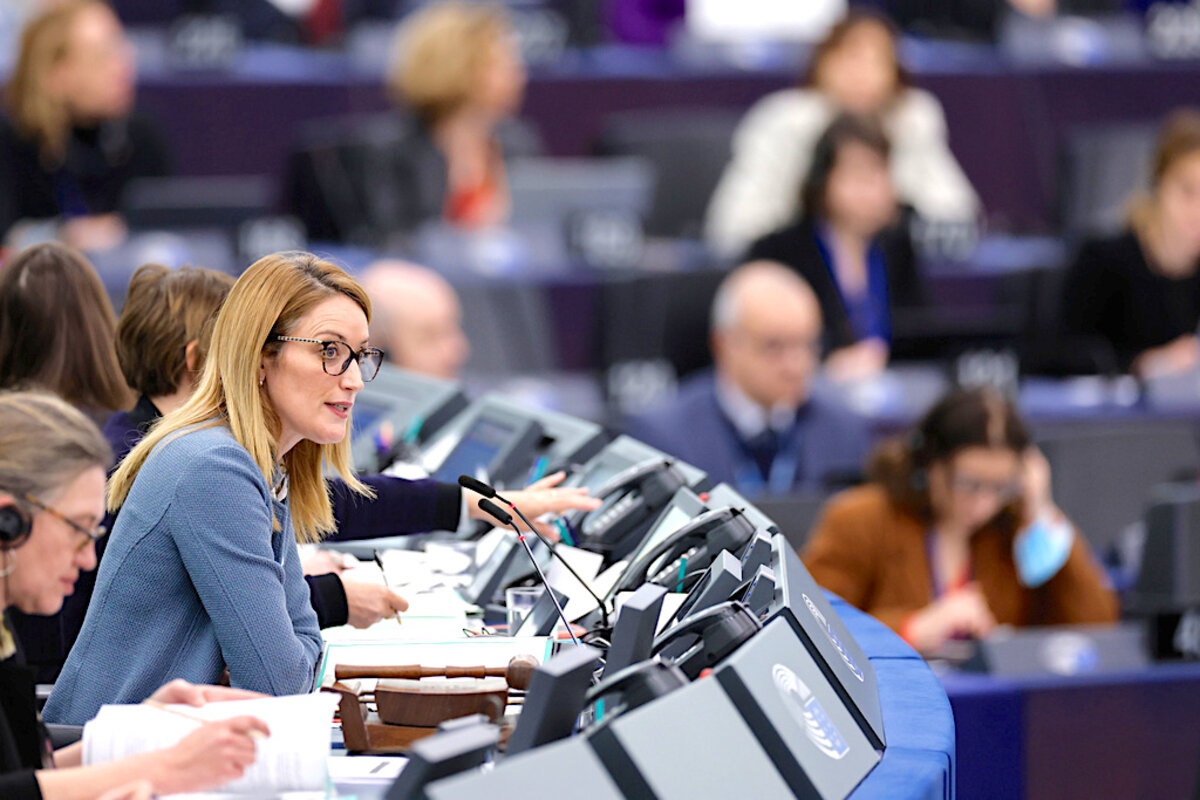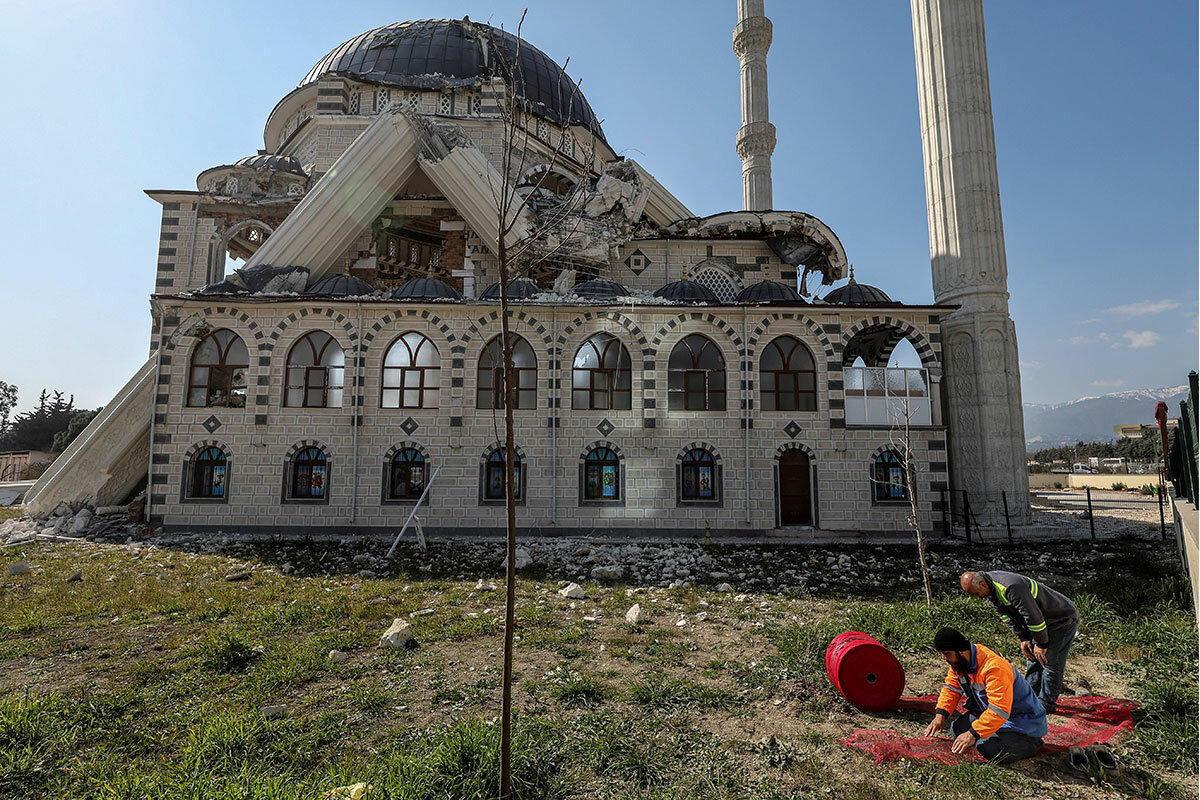A crowded GOP presidential field could help Donald Trump win the nomination again. But many factors are different – including Mr. Trump’s unique status as a “pseudo-incumbent.”
Monitor Daily Podcast
- Follow us:
- Apple Podcasts
- Spotify
- RSS Feed
- Download
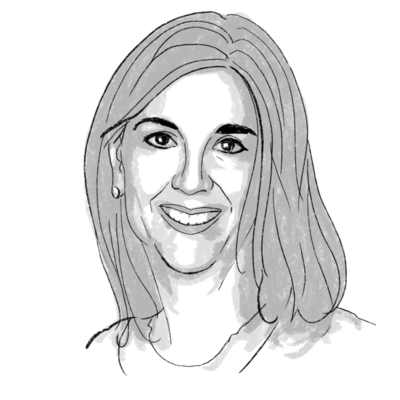 April Austin
April Austin
Art museums can feel like a world apart. Entering the marble halls and gleaming galleries often induces a state of curiosity and awe. The appeal of this kind of atmosphere led Patrick Bringley to leave his job at The New Yorker and work as a guard at the Metropolitan Museum of Art in New York.
This week, Mr. Bringley’s memoir, “All the Beauty in the World: The Metropolitan Museum of Art and Me,” arrives in bookstores to glowing reviews (ours is below).
His decadelong stint at the Met began in 2008, when he was in his early 20s and grieving the recent death of his brother. Spending his workday communing with art felt absolutely necessary.
“I relished the idea of spending quiet hours focused on things that seem fundamental, that have to do with the heart of the human drama,” he says in a video interview. “The museum as a whole feels like this sort of numinous place.”
While the book takes readers behind the scenes of one of the largest, most prestigious art institutions in the world, the most poignant passages deal with the author’s ability to be receptive to, and moved by, art.
“One thing that happens in an art museum is we make ourselves open,” Mr. Bringley says. “We turn on a part of our brain that allows us to feel the beauty and the wonder – of both big, cosmic things and also small, intimate things.”
Over time, the art he was guarding became a source of spiritual nourishment. Slowly, the grief receded, and he could take in the magnificent show – not only on the walls, but also in the galleries – of a parade of guards and visitors coming and going.
He says, “I was fortunate to have so much time to bring my defenses down and really let that whole story come in.”




